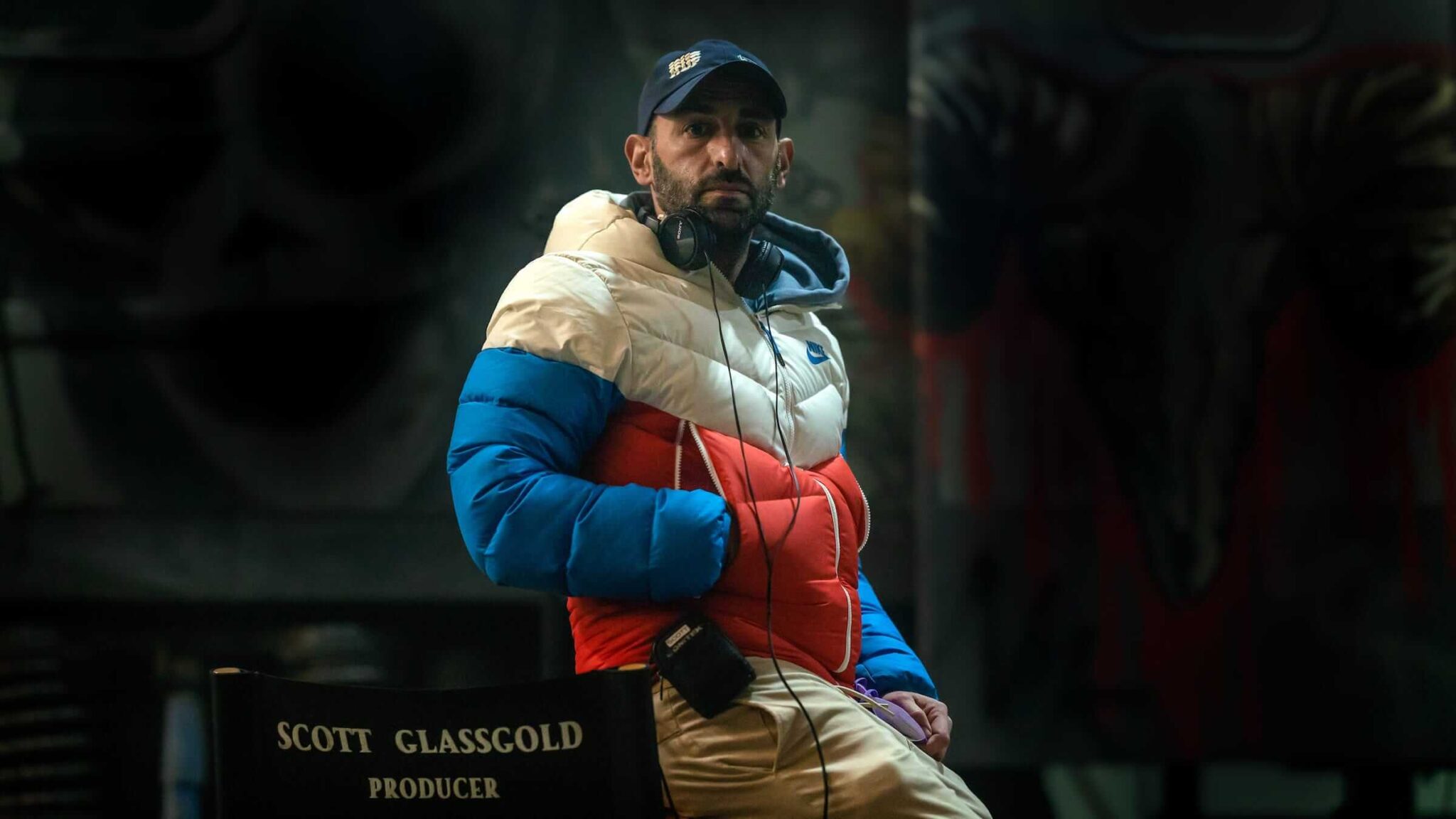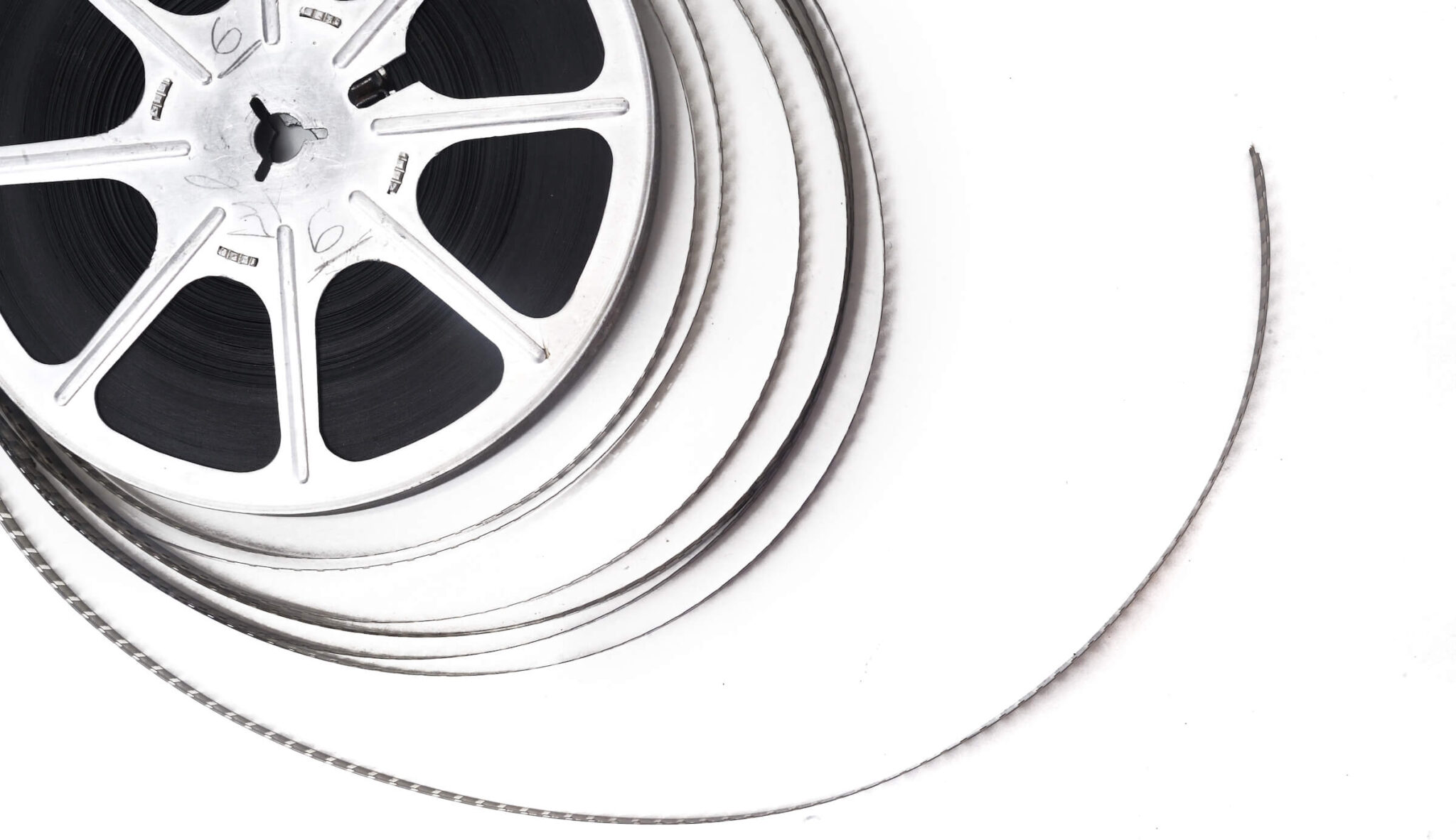How to Write a Great Short Screenplay to Produce for Less than $1,000

I feel very passionate that if you identify as a filmmaker, specifically an emerging filmmaker, then you should always be literally making films. Easier said than done, but if you’re truly determined to, you’ll find a way. I’m a writer/director, and after completing my first short film in 2016, I dove deep into the world of writing my first feature. So deep that by the time I got the film off the ground and running, I realized I had been absorbed with just writing and pitching, that I hadn’t directed in two years. I knew that needed to change.
About nine months later, present day, I’ve directed three additional short pieces. Two being narrative and the other a test shoot for my feature that’s in development. Short content I’ve made have had budgets that ranged from 6k - 40k. Currently in post for a pricey one (GROUND CONTROL). My creative partner and I know that we’ll dive into another short once GROUND CONTROL is done. That said, it’s not as simple as “diving in.” Both of us being aware that unless a comfortable sum of money happened to land in our laps, coming fresh off an expensive short, we’d need to make something that costs next to nothing.
In specific to shorts, yes, there are grants and contests and other opportunities to assist in your project’s budget — many of which I’ve applied to and will continue to. But, it can take months to hear back and it’s not guaranteed. To keep the momentum moving forward, the filmmaker has to take things into their own hands: We have the power to make our dreams come true. This completely reflects in creating content.
Enter the ScreenCraft Short Screenplay Competition for the chance to win $1,000, plus intros to producers, managers, agents and studio executives.
You, I, and many others want to make something but may not have the funds to go “big” at the moment. How can we go “big” without involving costly needs? Let’s go over some ideas that can facilitate this. Let’s make a short film that can be done for under $1k.
1. Period:
Period pieces are, traditionally, the most expensive to create due to things like elaborate costuming and production design. For example, with Quentin Tarantino’s most recent film, Once Upon a Time in Hollywood, chunks of Hollywood were converted to 1969. That means things like storefronts, signage, cars, and so forth were altered and/or replaced to accurately represent the period.
But, there’s a time, place and more importantly, a kind of budget that allows making a 1969 film the right way. So instead, what inspires you that can take place in the present day? Or, if you’re devoted to a period, is it one you can work with cost-effectively and if yes, how so? For example, I grew up in the 90s, so if I were shooting a short for under 1k and it needed to be set in this period, I, along with many friends of mine, have a slew of props and elements that can help toward keeping costs down.
2. Characters:
Keep it small. Or better yet, one person. The more characters there are, the more actors you’ll, at the bare minimum, have to feed on set.
Examples of movie(s) with minimal cast: Moon, Hard Candy, The Blair Witch Project.
Learn how to write great movie dialogue with this free guide.
3. Location:
Focus on a story that can be just as effective in a contained space. Like cast, the more locations there are, the more expensive it’ll get. This goes beyond the obvious of potentially needing rights — it’ll also jack up costs by requiring more time for production if you’re constantly having to change location.
Which speaking of being in a scenario where you need clearance, but still have to keep costs (way) down, all hope isn’t lost. If you have yourself a great producer, there’s a good chance they can land a great location for next to nothing… Or better yet, for nothing. A short I shot during the summer of 2018, we needed a thrift store (similar to Goodwill). I was able to lock a location where the person in charge was incredibly supportive and allowed us to shoot there for free, as long as we didn’t have an alarming amount of gear or crew, given he granted us permission to film during business hours — very cool of him. Aside from this helping budget due to free location, it resulted in us also not needing extras (more cost). And of course, we made sure to respect his request of keeping a low profile. He approved of our production sound mixer’s gear and a wheelchair we had our DP in as a DIY dolly. All while our 1st AC was hiding nearby behind a rack of clothes and pull focus.
Examples of movie(s) with minimal locations: Moon, Hard Candy, Saw, 127 Hours, Mother!
4. Length:
Assuming the above points were taken into consideration and that the piece isn’t overly complicated to execute — the shorter it is, the more time effective you’ll be. It’ll result in fewer days needed on set and in post.
5. Shot list:
I love nothing more than wide shots that allow the environment to aid in storytelling. But, this can make things more expensive, as it may involve elements like set design, which involves who knows what kind of props, as well as additional set up time and time is money. Can your story be told effectively by having more medium - close-ups? It doesn’t have to be every shot (or it can be!), but by reducing the number of wides, it could help in driving costs down.
Examples of ‘tight shot' heavy movie(s): Moonlight.
6. Team:
Let’s say this short you’re making for under 1k is totally on your own — you’re not in film school where you have ample hook-ups and freebies (in exchange for tuition, naturally). You’ve written something you’re excited about. It centers on one individual, it takes place solely in the character’s bedroom, it’ll only require one day of filming, and the proposed runtime is four minutes. Awesome.
Still, when you’re thinking of crewing up, between the director, producer, DP, production sound mixer, editor, sound designer, re-recording mixer, colorist, etc… With everyone’s rates, you’re already over 1k. And unless the folks you bring on are super newbies, I am not going to suggest that you ask your crew to work pro-bono. That said, here are two points to consider:
A) Are you able to wear multiple hats? Let’s say you wrote it, can you direct? Produce? Edit? Color? If so, be prepared to juggle a lot, which I believe most emerging filmmakers are no stranger in tackling this.
Tip: Take extra care of yourself through the process of ample hat wearing whether that be setting aside a walk every day or doubling the snuggles with your pet or listening to records or starting the day with fifteen minutes of reading or going to yoga, meditation, pilates or all the above or something(s) totally different.
B) Put in the groundwork of meeting like-minded filmmakers who are on the same wavelength. Build a circle of creatives who you trust and who trust you. Build a circle of creatives that believe in your vision(s) and have watched you follow through with your word over and over and over and over. Chances are when you’ve built this base, for a mini passion project of under 1k, they’ll be happy and willing to help by throwing in hook-ups themselves whether negotiating their rate significantly, including gear for free, or graciously volunteering to work pro bono. Hence the words ‘graciously volunteering’. If you’ve built this base, you likely will have reached a point where you and your Team are truly in this together.
I’m sure there are more tips that can assist in shooting a short for under 1k. If you have additional ideas that can be of resource, feel free to share in the comment section below. Happy creating to all!
 Danielle Karagannis is a writer/director. She's in post for her third short film (and proof of concept) GROUND CONTROL and in development for several productions between features, shorts, and music videos. Instagram: https://www.
Danielle Karagannis is a writer/director. She's in post for her third short film (and proof of concept) GROUND CONTROL and in development for several productions between features, shorts, and music videos. Instagram: https://www.
For all the latest ScreenCraft news and updates, follow us on Twitter, Facebook, and Instagram.
Get Our Screenwriting Newsletter!
Get weekly writing inspiration delivered to your inbox - including industry news, popular articles, and more!



























